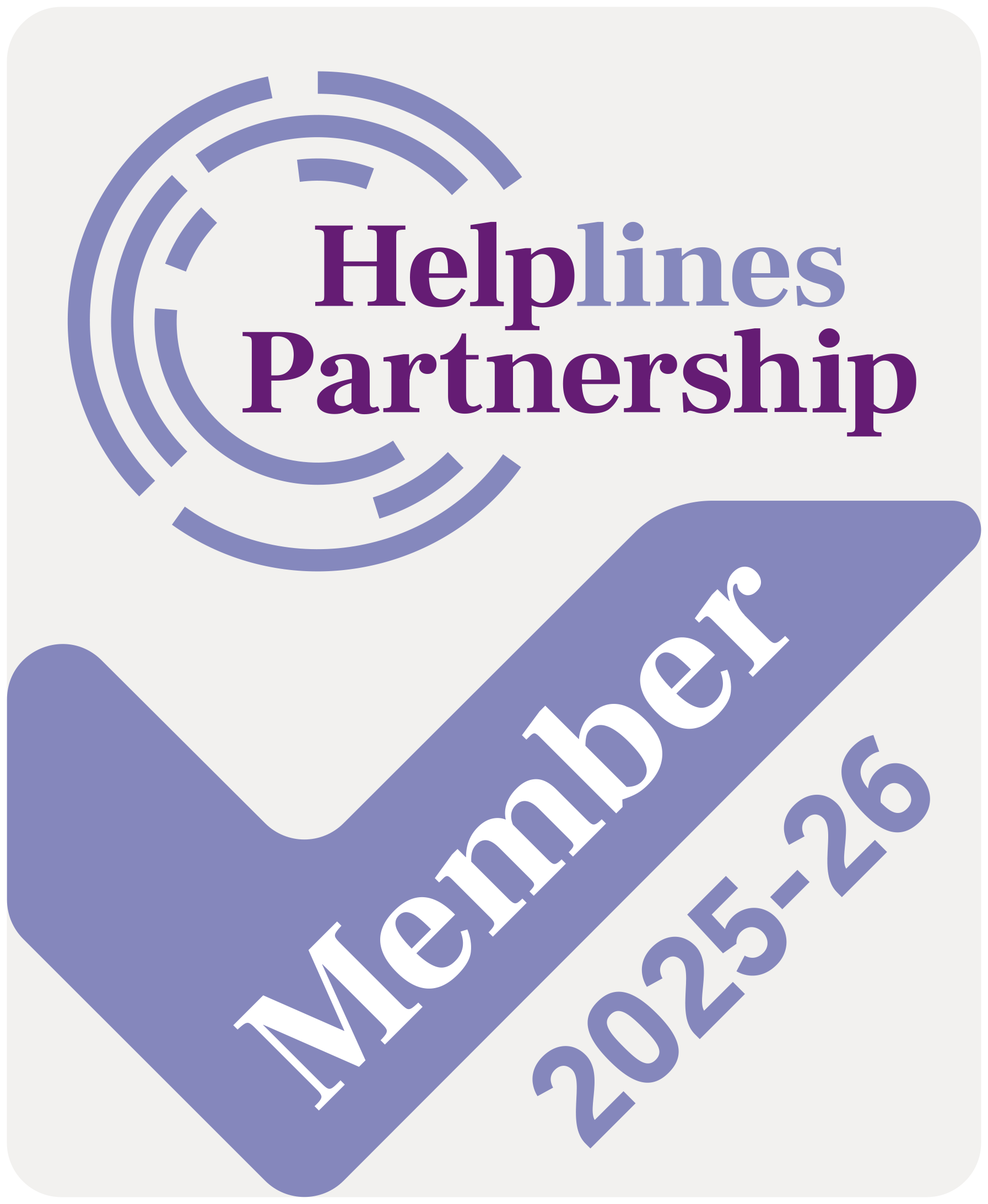Very occasionally things go wrong when you are dealing with the medical profession and suddenly you find yourself wanting to complain.
This is never an easy decision. Everyone knows how hard the vast majority of NHS doctors, nurses and therapists work.
That does not mean they are infallible or that their practices could not be improved if they know they have got something wrong. It is for the latter reason that we advise readers how to complain.
Who can complain?
If you’re the parent of a child under 16, you can make a complaint on their behalf, but only if the NHS thinks the child can’t make the complaint themselves.
If the NHS thinks the child can make the complaint themselves, you can still make the complaint on their behalf, as long as the child gives you permission to make a complaint on their behalf.
The NHS might ask the child to fill in a ‘permission to act on my behalf’ form.
Is there a time limit?
You should aim to complain within 12 months of the event happening.
What’s the procedure?
Write down your understanding of events and keep a record, including all names of people involved and the dates events occurred including dates of complaints.
In the first instance you should raise your concern verbally with the person or service you are unhappy with.
If they fail to act within 24 hours, put your conversation in writing and email them.
If still nothing happens take it to whoever employs that person.
The Patient Advice and Liaison Service (PALS) office in the hospital where they work, or the Clinical Commissioning Group (CCG), if they work outside of a hospital will tell you the correct person or department.
Within most hospitals you will find a PALS office. This is your immediate point of contact if you are a patient, family member or carer. The officers give impartial, confidential advice.
This link takes you to the medical ombudsman’s guide to complaining about GPs.





